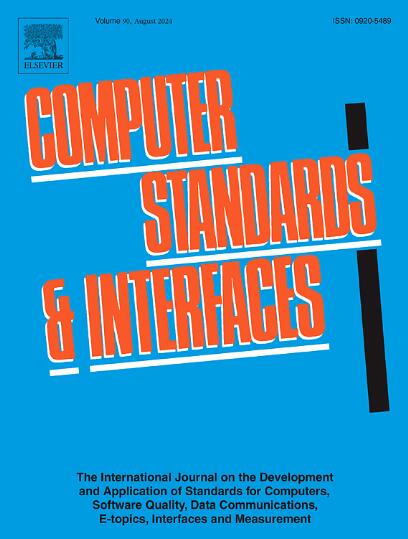通过单个GPU上的即插即用前瞻门加速mix -of- experts语言模型推理
IF 3.1
2区 计算机科学
Q1 COMPUTER SCIENCE, HARDWARE & ARCHITECTURE
引用次数: 0
摘要
大型语言模型(llm)的广泛采用鼓励研究人员探索更有效地运行这些模型的策略,例如混合专家(MoE)方法,其目的是在不大幅增加计算成本的情况下增加模型的知识容量,因为每个令牌只有一小部分模型组件是活跃的。然而,这种方法也增加了模型的大小,这使得即使在高端gpu上运行这些模型也具有挑战性。量化和卸载策略已被用于在资源受限的环境中执行MoE,然而,卸载带来的时间开销仍然是一个瓶颈。在本文中,我们提出了一个即插即用的前瞻门,可以提前预测在接下来的几层中使用的专家。此外,为了缓解跨层预测产生的不对齐问题,我们引入了一种对齐训练方法,分层门对齐,在保持低资源需求的同时提高了预测命中率。此外,我们还提出了一种投机专家调度策略来加速MoE模型的端到端推理过程。为了验证我们的方法,我们建立了量子化MoE的推理框架并进行了大量的实验。结果证明了我们提出的方法的有效性,与Mixtral-offloading方法相比,专家在4位、3位和2位量化条件下的吞吐量分别提高了57.72%、60.00%和62.26%。本文章由计算机程序翻译,如有差异,请以英文原文为准。
Accelerating Mixture-of-Experts language model inference via plug-and-play lookahead gate on a single GPU
The widespread adoption of large language models (LLMs) has encouraged researchers to explore strategies for running these models more efficiently, such as the mixture of experts (MoE) method, which aims to increase the knowledge capacity of the model without substantially increasing its computational costs, as only a fraction of the model components are active for each token. However, this approach also increases the size of the model, which makes it challenging to run these models even on high-end GPUs. Quantization and offloading strategies have been used to enable the execution of MoE in resource-constrained environments, however, the time overhead introduced by offloading remains a bottleneck. In this paper, we propose a plug-and-play lookahead gate that predicts in advance the experts to be used in the next few layers. Furthermore, to mitigate the misalignment problem arising from cross-layer prediction, we introduce an alignment training method, layer-wise gate alignment, enhancing the prediction hit rate while maintaining low resource requirements. Moreover, we present a speculative expert scheduling strategy to accelerate the end-to-end inference process of MoE models. To validate our approach, we established an inference framework for quantized MoE and conducted extensive experiments. The results demonstrate the effectiveness of our proposed methods, with throughput improvements of 57.72%, 60.00%, and 62.26% under 4, 3, and 2-bit quantization conditions for experts, respectively, compared with the Mixtral-offloading method.
求助全文
通过发布文献求助,成功后即可免费获取论文全文。
去求助
来源期刊

Computer Standards & Interfaces
工程技术-计算机:软件工程
CiteScore
11.90
自引率
16.00%
发文量
67
审稿时长
6 months
期刊介绍:
The quality of software, well-defined interfaces (hardware and software), the process of digitalisation, and accepted standards in these fields are essential for building and exploiting complex computing, communication, multimedia and measuring systems. Standards can simplify the design and construction of individual hardware and software components and help to ensure satisfactory interworking.
Computer Standards & Interfaces is an international journal dealing specifically with these topics.
The journal
• Provides information about activities and progress on the definition of computer standards, software quality, interfaces and methods, at national, European and international levels
• Publishes critical comments on standards and standards activities
• Disseminates user''s experiences and case studies in the application and exploitation of established or emerging standards, interfaces and methods
• Offers a forum for discussion on actual projects, standards, interfaces and methods by recognised experts
• Stimulates relevant research by providing a specialised refereed medium.
 求助内容:
求助内容: 应助结果提醒方式:
应助结果提醒方式:


